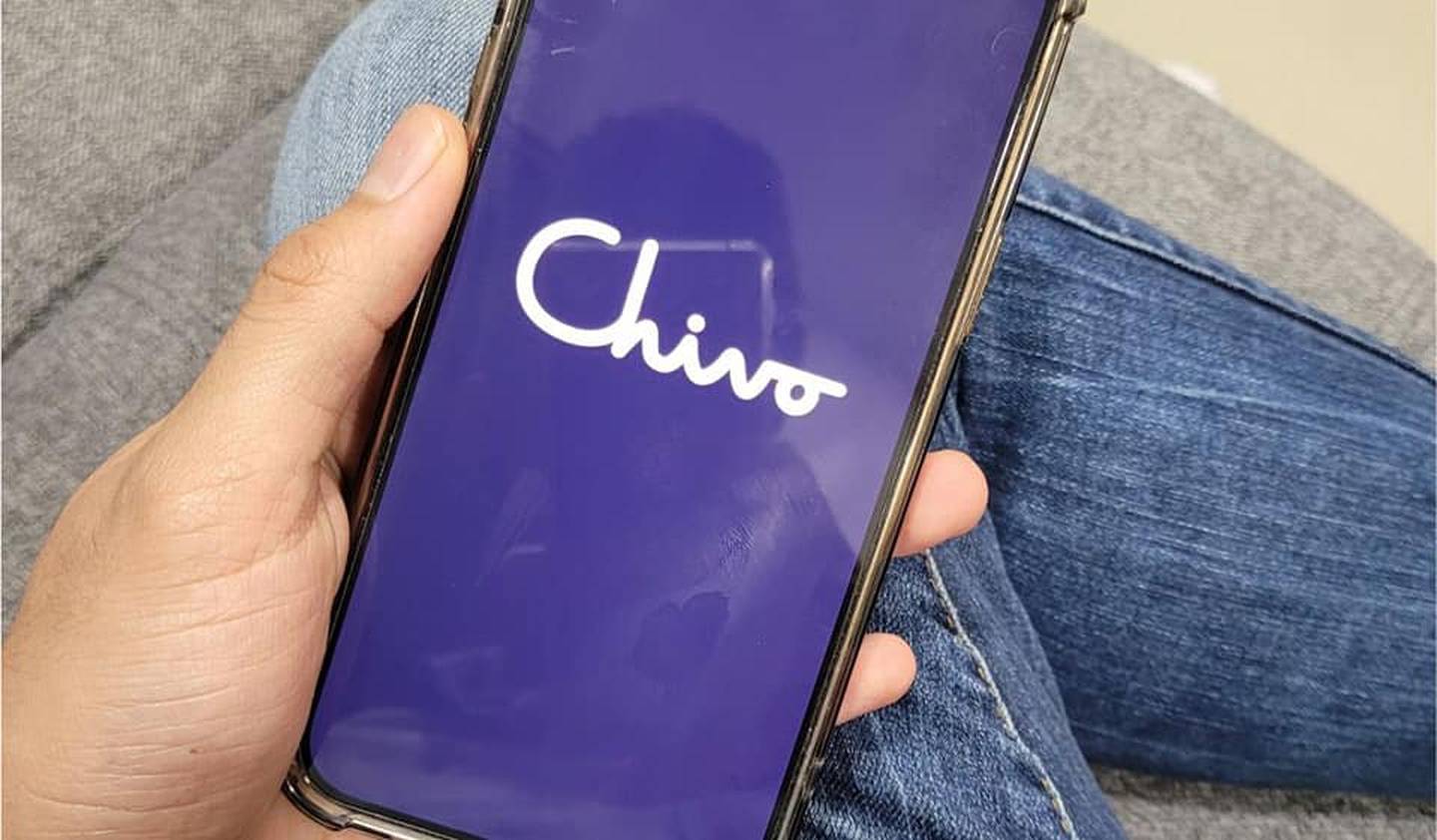El Salvador received US$7.742 billion in family remittances in 2022, a result that reflects a year-on-year growth of 3.2% compared to what was received in 2021, reported the Central Reserve Bank (BCR).
When the country was about to adopt bitcoin (XBT) as legal tender, in September 2021, President Nayib Bukele said in a tweet that the population pays US$400 million a year in commissions for remittances, for which he expected that with the entry into force of the Bitcoin Law and the launch of the government wallet, Chivo Wallet, Salvadorans could benefit from the savings of the commission in sending money transfers.
“That saving alone will be a huge benefit for our people (or at least for those who want it). There is also the advantage of not having to carry cash. Safer and more practical,” the president said then.

However, until November, according to the most recent official data, remittances received through cryptocurrency wallets reached 1.66% of the total of these currencies and marked a monthly average of US$10.58 million.
“BITCOIN IS FOR THE RICH”
According to a survey by the University Institute of Public Opinion of the Central American University (Iudop) released a few days ago, “the implementation of this cryptocurrency has not meant changes for the family economy of the population, and that its use has been almost nil”, while “unfavorable opinions” persist about the cryptoactive.
For 16.9% of the Salvadorans surveyed, the economy “has worsened” with the adoption of this digital asset as legal tender; 65.1% said that “it has remained the same” and 11.7% that “it has improved”.
The survey also shows that 26.3% of those interviewed think that the benefit of bitcoin is for “the rich”, 21.9% said that it is for “foreign investors” and 16.1% said that it is for the government or the president.
The Iudop report, carried out between December 14 and 22 with a sample of 1,273 people, indicates that 74 out of 100 citizens said they had not used bitcoin during 2022, 21% said they used it once and 5% never.
With information from Bloomberg

